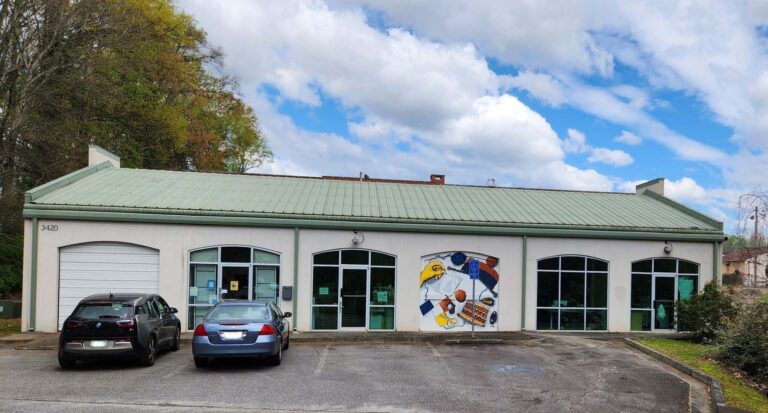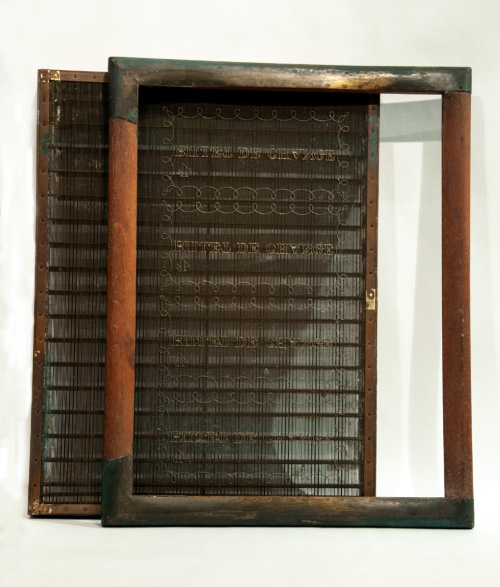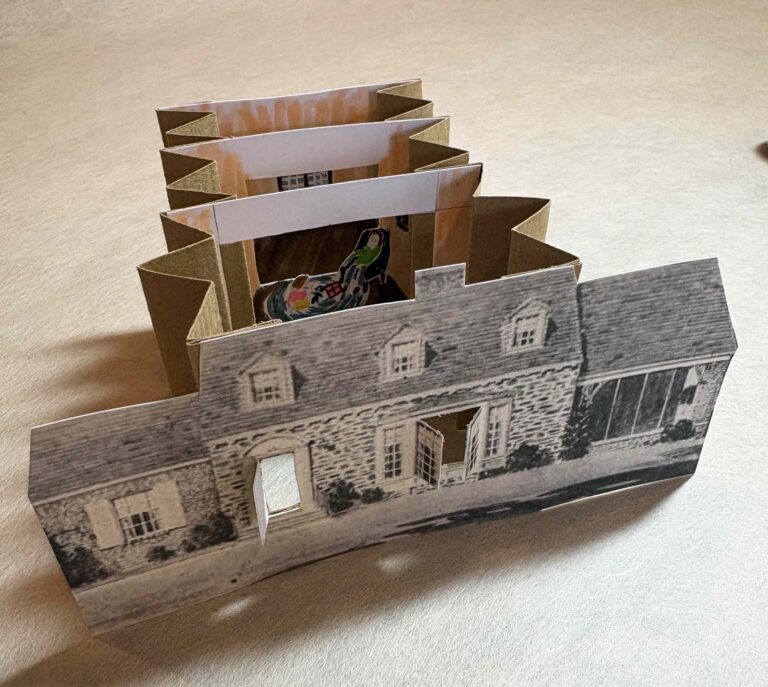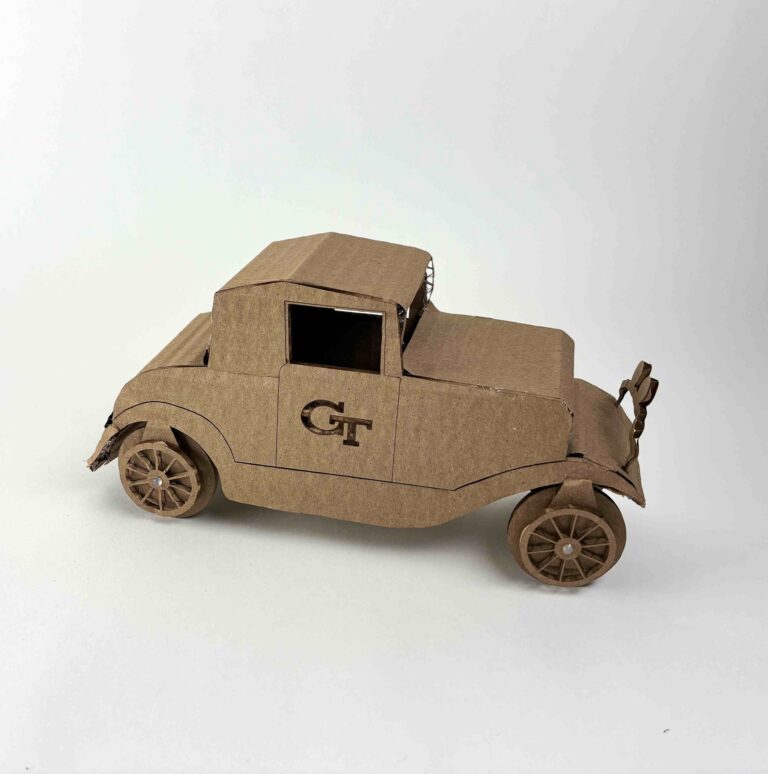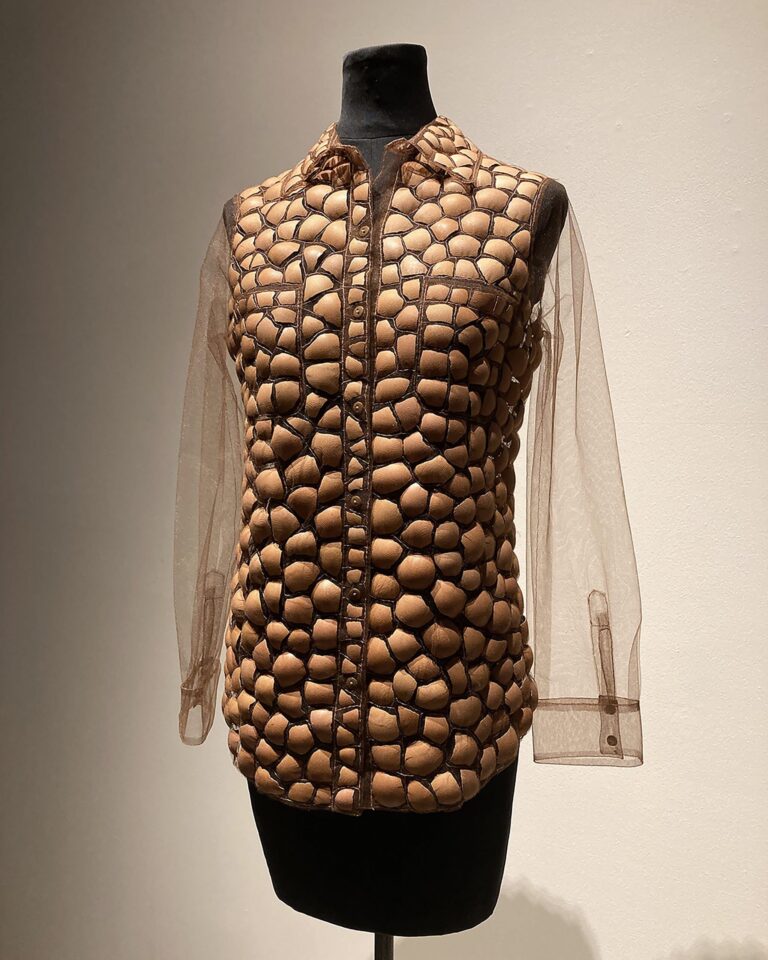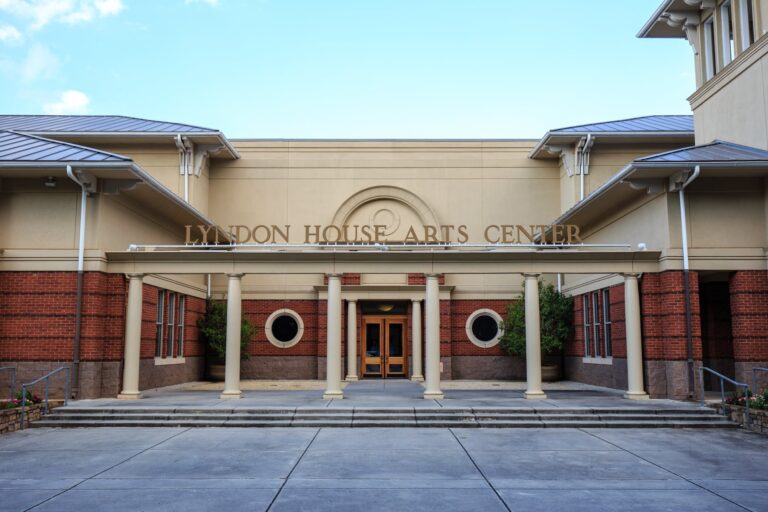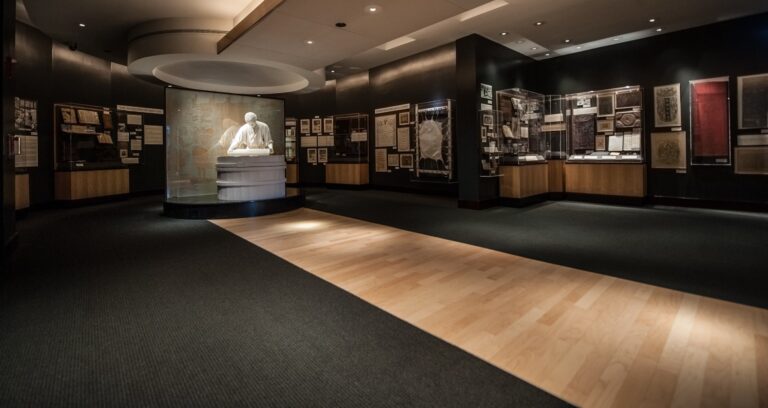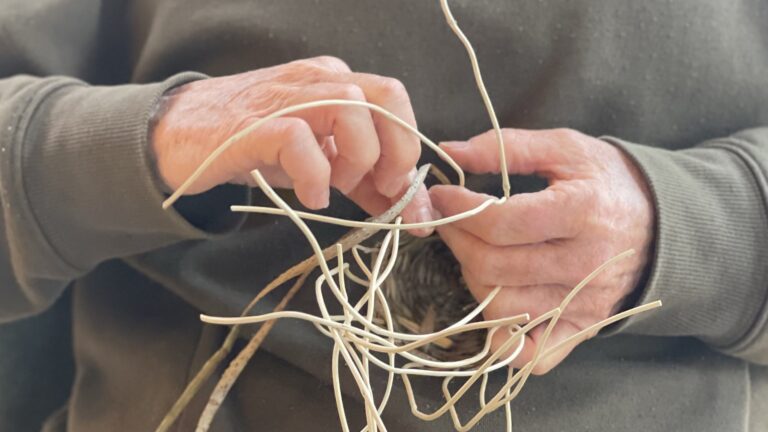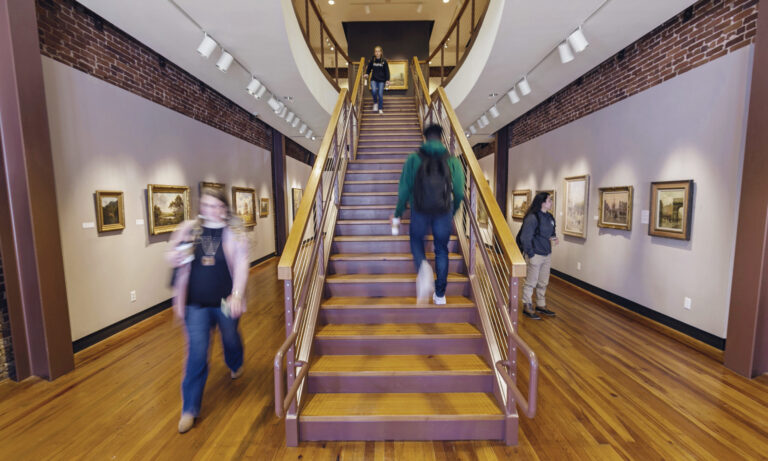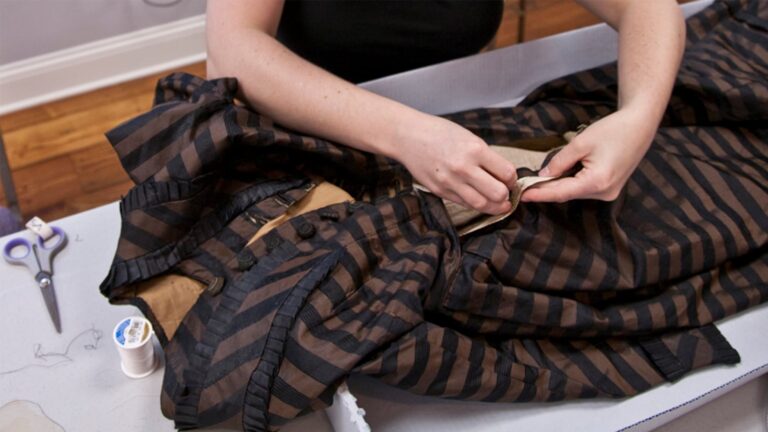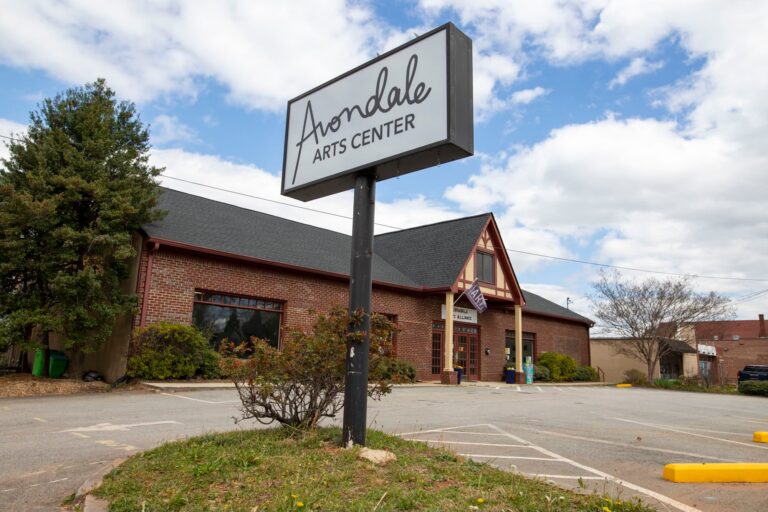state
: GA
The Southeast Fiber Arts Alliance (SEFAA) is your creative community. Classes, events, and exhibits in all fiber art techniques, from applique’ to weaving.
We’re passionate about teaching fiber art skills and curating exceptional exhibits and events, but SEFAA is about so much more. We’re here to help you find – or rediscover – the joy of creating. We’re here to celebrate the traditions that connect us across generations and cultures. Through the unique lens of fiber arts – both contemporary and traditional – we ignite creativity that nourishes the soul, fosters understanding, and celebrates the beautifully diverse fabric of our world.
Together, we are SEFAA, weaving connections and crafting something truly beautiful and extraordinary!
…
Join us for a special lecture and papermaking workshop with guest historian Dr. Joran Proot! Dr. Proot is a distinguished historian of early modern books from the Cultura Fonds and the University of Antwerp. Dr. Proot will discuss the materials and workflow of paper making as it was carried out in Europe during the early modern period. After the lecture participants will learn to make paper, using the classic Western style technique.
All skill levels welcome and all materials provided.
…
Learn how to build a little world! Tunnel books are created from a series of cut-paper panels that create depth in a small, detailed scene.
In this class, we will learn how to prepare and assemble materials to make a tunnel book, as well as some of the history behind this fascinating structure. Participants will construct a book starting with an image from historic Atlanta, and leave ready to make their own creations.
All skill levels welcome and all materials provided.
…
In this workshop, you will build your very own Ramblin’ Wreck cardboard model using a custom kit packed with laser-cut pieces. Along the way, you’ll master 4–5 creative cardboard joining techniques engineers use for structural strength.
We’ll dive into the science behind cardboard—discover how its strength and flexibility change with flute direction and ply thickness—while you put theory into practice. By the end, you’ll have a sturdy, eye-catching creation to take home and show off!
…
Join us for a free virtual lecture with Georgia Tech Professors Myrsini Mamoli and Daniel Phelps on the collaborative exhibit Transformed Environments: Paper Informing Design. Each professor will share their design approach to this collaboration as well as constraints and considerations that the students had to address when designing an exhibition space.
Virtual talk from 7:00 – 8:00pm ET. Register here.
…
Join us in celebrating the exhibit Transformed Environments: Paper Informing Design at the Robert C. Williams Museum of Papermaking.
Paper is an underappreciated resource that touches every aspect of our lives, even architecture. We see the influence of paper in construction materials, architecture models, and as design inspiration. This exhibition focuses on paper as it shapes the spaces we live and work in.
This event is free and open to the public. Reception from 4:00 – 7:00 PM.
…
Paper is an underappreciated resource. It touches every aspect of our lives, even architecture. We see the influence of paper in construction materials, architecture models, and as design inspiration.
Transformed Environments: Paper Informing Design examines the many ways paper shapes—and is shaped by—our built environment.
…
Surface Tension brings together two makers whose creative paths emerge from distinct disciplines.
Erika Diamond is a textile-based artist working with Kevlar and eggshells to create wearable garments and Chelsea Lillo is an Anaplastologist who crafts custom prosthetic devices for patients who experience loss or alteration of facial or physical anatomy.
Diamond and Lillo’s works navigate the terrain of the human body—its identity, construction, safety, and movement within society.
…
The Lyndon House Arts Center supports local and regional artists in their creative
pursuits by professionally exhibiting their works, developing programs, and designing exhibitions of relevance to our times. The Arts Center provides the community with quality art education and events to celebrate our cultural heritage. We firmly believe that the arts pave a way for diversity, inclusivity, equity, and accessibility.
The Arts Center offers rotating contemporary gallery exhibitions, classes, workshops, and studio memberships. The Ware-Lyndon Historic House (c. 1850) houses a decorative collection and, on our grounds, an interpretive garden. The Arts Center is dedicated to cultural place-making and enriching the Athens area through the inclusion of art in every aspect of everyday life, fostering a deep appreciation for the value of the visual arts.
The Lyndon House Arts Center is owned and operated by the Athens-Clarke County Leisure Services Department of the Athens-Clarke County Unified Government.
…
The Robert C. Williams Museum of Papermaking melds art, history, technology and industry from historical and global perspectives. Museum visitors follow the path of paper from the earliest examples of writing materials, to the Chinese discovery of how to make paper, to the paper mills of Europe, and the high-tech machinery of today’s modern paper industry.
The Robert C. Williams Museum of Papermaking’s mission is to collect, preserve, increase, and disseminate knowledge about papermaking – past, present and future.
The museum cares for the most comprehensive collection of paper and paper-related artifacts in the world, comprised of over 100,000 artifacts including manuscripts, rare books, prints, hand and industrial papermaking tools and equipment, and crafted and manufactured objects, as well as paper samples.
First established in 1939 at the Massachusetts Institute of Technology by renowned paper historian Dard Hunter, it relocated in 1954 to the Institute of Paper Chemistry in Appleton, Wisconsin, where it remained until 1989. At which time, the Institute of Paper Chemistry moved to Atlanta, becoming the Institute of Paper Science and Technology (IPST). In 2003, IPST merged with the Georgia Institute of Technology. Today, the museum is part of the Renewable Bioproducts Institute, an Interdisciplinary Research Institute at Georgia Tech.
Permanent and temporary exhibitions, guided tours, workshops, and virtual programming are available for audiences of all ages.
…
Established in 1934, the Hambidge Center nurtures creativity in all walks of life through a multidisciplinary residency program, innovative workshop retreats, environmental initiatives, and community programs on its pristine wooded 600-acre creative sanctuary in the North Georgia Mountains. The Hambidge Cross-Pollination Art Lab and Hambidge Hive provide studio and exhibition space for dynamic arts programming in Atlanta. Through all its programming, Hambidge supports the creative process and presentation of bold ideas while building supportive and inclusive bonds of community.
…
Located in Demorest, Georgia, the Mason-Scharfenstein Museum of Art (MSMA) is part of Piedmont University. The museum fosters artistic and cultural enrichment by exhibiting art, supporting the university, and engaging the Northeast Georgia community.
Opened in 2011, the MSMA serves as the permanent home for works donated to the college by Dr. Bill Mason, Class of 1957, and Bob Scharfenstein, both of Birmingham, Alabama. Throughout the year, the museum hosts temporary exhibitions featuring contemporary art, craft, and design.
…
Costume Society of America (CSA) is a vibrant professional organization devoted to the study and preservation of dress across cultures and centuries. Since its founding in 1973, CSA has united scholars, curators, designers, collectors, and enthusiasts who explore the history, design, and cultural significance of clothing, fashion, and costume. Through national symposia, regional programming, publications like Dress, and service initiatives such as the CSA Angels Project, the Society fosters scholarship, collaboration, and public engagement. Members represent a wide range of disciplines—from museums and theaters to academia and independent research—linked by a shared passion for the artistry and meaning of dress. CSA champions rigorous research and inclusive inquiry, bringing overlooked histories to light and broadening the field’s scope.
…
The Avondale Arts Center is a community arts space in Avondale Estates, GA. Founded and operated by the volunteer board of the Avondale Arts Alliance, a registered 501(c)(3) nonprofit, the space serves as a gathering place for artists and neighbors.
We showcase works by hundreds of local artists each year through group shows and special mini exhibitions. We also offer workshop space for local artists and businesses who wish to teach their skills to others, and facilitate community meetups for local organizations within the space.
As a nonprofit, we also advocate for public art and collaborate with local businesses and city government to provide opportunities for art experiences for all.
…

